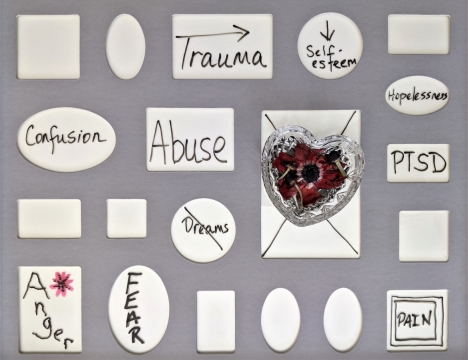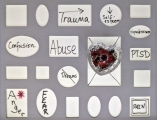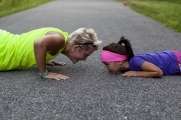9 Essential Skills and Survival Strategies for Coping With PTSD

Post-Traumatic Stress Disorder (PTSD) is a complex and challenging condition that can affect individuals who have experienced a traumatic event.

It is not unusual to see someone struggling with a drug problem and PTSD at the same time. In particular, coping with PTSD requires a combination of essential skills and survival strategies to help individuals regain control of their lives.
Here are nine crucial skills and survival strategies that can help someone cope better with PTSD:
Develop a sense of self-awareness
Developing self-awareness is the foundation for coping with PTSD.
Understanding the triggers for your emotional responses is crucial in creating a roadmap for healing. Journaling, meditation, and therapy can all be valuable tools to enhance self-awareness.
Retain a good ability to communicate
Effective communication is essential for both individuals with PTSD and their support systems. Open and honest communication helps build trust and fosters understanding.
It's important to be able to express needs and concerns. This aids progress and creates a supportive environment for healing.
Learn to regulate emotions
Emotional regulation is another key strategy and skill. PTSD often leads to intense and overwhelming emotions. Learning to regulate these emotions is vital for day-to-day functioning.
Practicing mindfulness and deep breathing exercises are grounding techniques that can help manage and control emotional responses.
Develop a crisis management plan
Developing a crisis management plan is crucial for those moments when PTSD symptoms become particularly challenging. This plan should include emergency contacts and a list of strategies and activities or environments that can provide comfort during difficult times.

Set clear boundaries
Establishing and maintaining healthy boundaries is crucial for learning to manage PTSD symptoms.
This includes setting limits on exposure to stress. Learn to say no when needed, and recognize when to step back from triggering situations.
These boundaries protect mental well-being and aid overall recovery.
Cognitive restructuring can help
PTSD often leads to negative thought patterns and distorted perceptions. Cognitive restructuring involves identifying and challenging these negative thoughts. The aim is to replace them with more realistic and positive beliefs.
Therapy, particularly cognitive-behavioral therapy (CBT), can be instrumental in this process.
Build a support system
Immersing yourself within a strong support system is vital for coping with PTSD. Friends, family, and mental health professionals can all provide different types of support. Between them, they can offer the emotional, practical, and informational support needed.
Connecting with others who have experienced similar traumas can also be beneficial. Building a support system should be considered integral to your survival strategy.
Practice self-care
Prioritizing self-care is seen as being essential for mental health recovery. This includes maintaining a healthy lifestyle with regular exercise, proper nutrition, and sufficient sleep.
Engaging in these activities can bring joy and relaxation. They also foster a positive mindset.
Set goals and recognize achievements
Establish some attainable goals and celebrate each achievement, no matter how small. This is a crucial aspect of building a sense of accomplishment and empowerment.
Setting and reaching milestones provides a sense of control and progress. It reinforces the belief that recovery is possible.
Surviving and coping with PTSD requires a multifaceted approach. requires a combination of essential skills and survival strategies.
Be mindful that healing is a gradual process, and seeking professional help is a commendable and valuable step on the path to recovery from PTSD.





